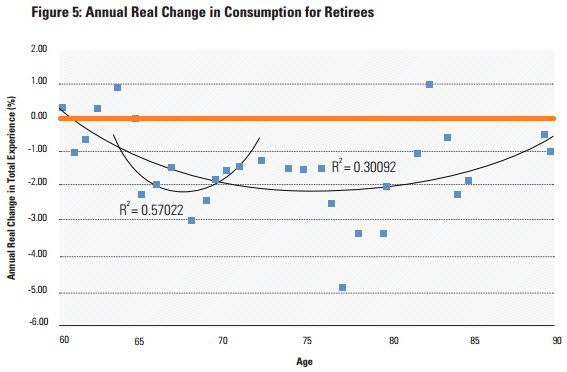In this pic, taken last autumn on the Nantahala River (NC), DW and I are both 68 yrs old. It was still fun. Admittedly, 5 yrs ago we would have been doing it in our kayaks and without the guide!
But, I agree, procrastinating on experiences likely best enjoyed when younger just to have "extra padding" in the FIRE portfolio later is risky business. We've really cut back on our paddling adventures due to back problems I've developed and DW's shrinking "sense of adventure."
We're "water" folks too, similar story, even though we are younger. We loved to be out in our kayaks in open water. I actually looked forward to "heavy weather days" to take a pounding in the breaking surf.
Physical issues and also "shrinking sense of adventure" have taken their toll on us too. I'm glad we did some scary stuff when younger, even wish that we had done more earlier but the w*rk thing got in the way.


